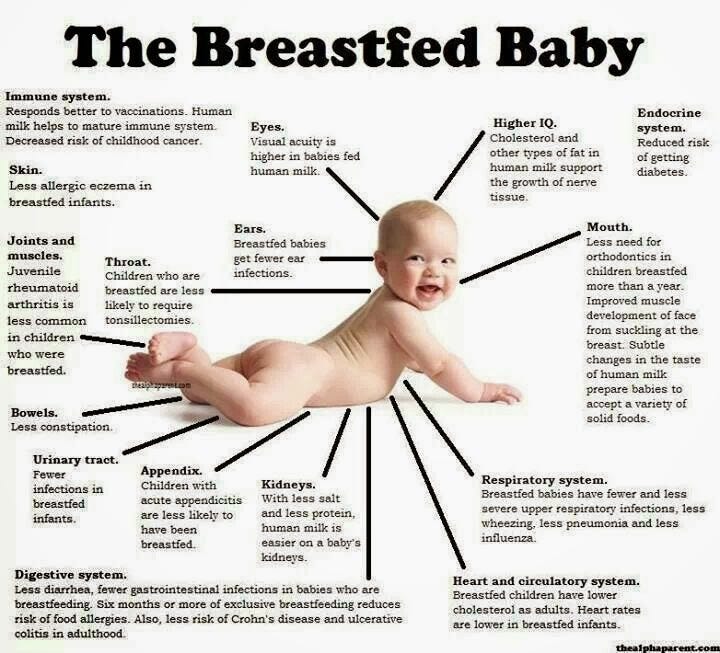Benefits of Breastmilk
Breastmilk is a natural and invaluable source of nutrition for infants. It is produced by the mother’s mammary glands and provides numerous benefits for both the baby and the mother. In this article, we will explore the extensive advantages of breastmilk and why it is considered the best option for infant feeding.
Superior Nutritional Composition
Breastmilk is often referred to as nature’s perfect food for infants due to its exceptional nutritional composition. It contains a perfect balance of proteins, carbohydrates, and fats that are easily digestible for the baby’s delicate digestive system. Breastmilk also provides essential vitamins, minerals, and antibodies that support the baby’s overall growth and development.
Additionally, breastmilk adapts to the changing needs of the baby. It contains higher levels of fat and calories during growth spurts, ensuring that the baby receives adequate nourishment during critical periods of development. This ability to adjust its composition makes breastmilk a truly remarkable source of nutrition.
Immune System Boost
One of the most significant benefits of breastmilk is its ability to boost the baby’s immune system. Breastmilk contains antibodies, white blood cells, and other immune-boosting factors that help protect the baby against a wide range of illnesses and infections.
These antibodies are specifically tailored to the mother’s environment, allowing her to pass on her immunity to the baby. This is particularly important during the early months when the baby’s immune system is still developing. Breastfed babies tend to have fewer respiratory infections, ear infections, and gastrointestinal issues compared to formula-fed babies.
Promotes Healthy Growth and Development
Breastmilk plays a crucial role in promoting healthy growth and development in infants. It is rich in essential fatty acids, such as omega-3 and omega-6, which are vital for brain development and visual acuity. These fatty acids support the development of the baby’s nervous system and contribute to improved cognitive abilities.
Furthermore, breastmilk contains growth factors that aid in the development of the baby’s organs and tissues. It has been associated with a reduced risk of chronic conditions later in life, including obesity, diabetes, and certain allergies.
Bonding and Emotional Well-being
Breastfeeding not only provides physical nourishment but also fosters a strong emotional bond between the mother and the baby. The skin-to-skin contact and eye contact during breastfeeding promotes feelings of love, security, and attachment, which are essential for the baby’s emotional well-being.
Moreover, breastfeeding releases hormones like oxytocin, also known as the “love hormone,” which helps the mother relax and enhances the bonding experience. Breastfeeding provides an intimate and nurturing environment for the baby, contributing to their overall emotional and psychological development.
Convenience and Cost-Effectiveness
Breastfeeding offers numerous practical advantages for both the mother and the family. It is readily available, requires no preparation, and is always at the right temperature. This convenience saves time and effort, especially during nighttime feedings.
Furthermore, breastfeeding is a cost-effective option. It eliminates the need to purchase formula, bottles, and other feeding equipment, resulting in significant cost savings for the family. Breastmilk is free, readily available, and always the perfect choice for nourishing the baby.

Breastmilk is an incredible gift that provides numerous benefits for both the baby and the mother. Its superior nutritional composition, immune-boosting properties, and positive impact on growth and development make it the optimal choice for infant feeding. Breastfeeding also strengthens the emotional bond between the mother and the baby while offering convenience and cost-effectiveness. It is a natural and remarkable way to nourish and nurture the baby, ensuring their optimal health and well-being.
Frequently Asked Questions – Benefits of Breastmilk
1. Why is breastmilk considered the best food for babies?
Breastmilk contains the perfect combination of nutrients that infants need for healthy growth and development. It provides antibodies, enzymes, and hormones that protect against infections and diseases.
2. Does breastfeeding offer any benefits for the mother?
Yes, breastfeeding helps the mother’s uterus contract back to its normal size, reduces the risk of postpartum bleeding, and may lower the risk of certain cancers, such as breast and ovarian cancer.
3. Can breastfeeding help with bonding between mother and baby?
Absolutely! The skin-to-skin contact and closeness during breastfeeding promote emotional bonding and create a strong connection between the mother and her baby.
4. Does breastmilk provide any long-term health benefits for breast milkarch suggests that breastfed babies have a lower risk of developing chronic conditions later in life, such as obesity, type 2 diabetes, and certain allergies.
5. Can breastfeeding help in postpartum weight loss?
Yes, breastfeeding can aid in postpartum weight loss as it burns extra calories. It helps the mother gradually return to her pre-pregnancy weight.
6. Are there any benefits of breastfeeding for premature babies?
Yes, breastmilk is particularly beneficial for premature babies as it provides essential nutrients and helps protect them against infections and other complications.
7. How long should a baby be exclusively breastfed?
The World Health Organization (WHO) recommends exclusive breastfeeding for the first six months of a baby’s life. After that, complementary foods can be introduced while continuing breastfeeding up to two years or beyond.
8. Can breastfeeding reduce the risk of sudden infant death syndrome (SIDS)?
Studies have shown that breastfeeding, especially exclusive breastfeeding, can help lower the risk of SIDS in infants.
9. What are the benefits of breastfeeding for the environment?
Breastfeeding requires no packaging, transportation, or waste disposal, making it an environmentally friendly choice compared to formula feeding.
10. Are there any financial benefits to breastfeeding?
Absolutely! Breastfeeding is cost-effective as it eliminates the need to purchase formula, bottles, and other feeding equipment, resulting in significant savings for families.




